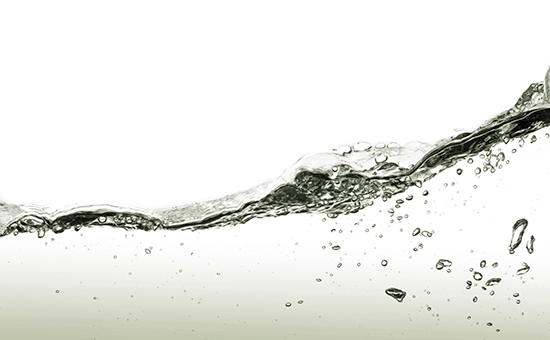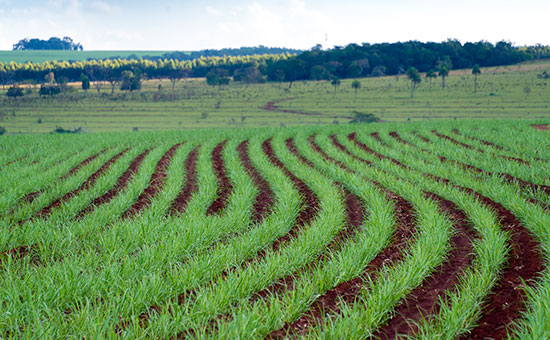Hydrous Ethanol
We are the plurality in the form of energy.
Our eight agroindustrial units have the capacity
to grind 32 million tons of sugarcane.
From cane and biomass, we produce sustainable,
renewable and responsible energy.

Hydrous ethanol, popularly called alcohol, is a biofuel sold at gas stations and used in vehicles, fueling thousands of cars every day.
The production process of hydrous and anhydrous ethanol can be carried out in different ways, with different raw materials. In Brazil, the main source is sugarcane.
The difference between hydrous ethanol and anhydrous ethanol is the amount of water it receives to be sold. Hydrous ethanol is composed of 95.1% to 96% of alcohol and the rest of it is water. It is also used for industrial purposes like the production of green polyethylene, cleaning products, pharmaceuticals, cosmetics and more.
Our operations have the capacity to produce 3.3 billion liters of ethanol, enough clean energy to drive more than 60 million compact cars.
Ethanol reduces the emission of carbon dioxide by more than 70% when compared to gasoline, considering the total cycle of the product (from manufacture to engine exhaust). This is because ethanol is produced by a plant, which, during photosynthesis, absorbs carbon dioxide from burning the product, which itself was a raw material. If you compare all greenhouse gases, the reduction reaches almost 90%, making it one of the most sustainable options for fuel.
